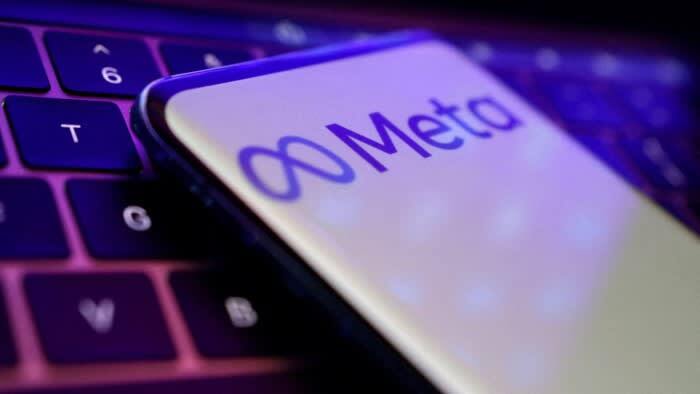The social network has been accused of policies that have indiscriminately censored Palestinians and other Arabic-speaking users of its services.
Meta Platforms has announced it will lift its blanket ban on the word “shaheed”, or martyr, following a comprehensive year-long review by its Oversight Board.
This decision on Tuesday comes amidst longstanding criticism of Meta’s mishandling of content related to the Middle East, particularly issues concerning Palestine and Palestinian human rights on Instagram and Facebook.
The Oversight Board, which plays a crucial role in determining significant content moderation policies for Meta, welcomed the decision, describing it as a positive step influenced by public input and scrutiny.
“The Board welcomes Meta’s commitment to end what has effectively been a blanket ban on use of the term “shaheed” when referring to designated dangerous organisations and individuals (DOI),” Board Member Paolo Carozza said.
The Oversight Board said that the decision comes amid the wars in the Gaza Strip and Sudan and underscores the possibility of a more appropriate and balanced approach even during times of crisis.
The Oversight Board started its review last year because the word “shaheed” accounted for more content removals on the company platforms than any other single word or phrase.
“The Board has found that Meta’s current approach disproportionately restricts free expression and is unnecessary, and that the company should end this blanket ban,” it said in its policy advisory note.
Meta’s previous content moderation policy considers that “shaheed” is used as “praise” when referring to organisations on its DOI list.
However, the advisory board ruled that “shaheed” is commonly translated into English as “martyr” and has multiple meanings, many of which are not intended to glorify or convey approval of violence.
“Until now, no exceptions were allowed for reporting on, neutrally discussing or condemning this term. This led to millions of users, especially from Arabic-speaking and Muslim communities, having content unfairly taken down,” the board said.
Censorship of pro-Palestinian content
Human Rights Watch (HRW) has condemned Meta, who has been accused of policies and practices that have indiscriminately censored Palestinians and other Arabic-speaking users of its services.
After the start of Israel’s assault on Gaza last year, widely referred to as a genocide, HRW said that Meta had misused its DOI policy to “restrict legitimate speech around hostilities between Israel and Palestinian armed groups”.
Between October and November 2023, HRW documented over 1,050 takedowns and other suppression of content on Instagram and Facebook that had been posted by pro-Palestinians supporting, including about Israeli human rights abuses.
“Of the 1,050 cases reviewed for this report, 1,049 involved peaceful content in support of Palestine that was censored or otherwise unduly suppressed, while one case involved removal of content in support of Israel,” the HRW report highlighted.
“Human Rights Watch found that the censorship of content related to Palestine on Instagram and Facebook is systemic and global,” the report added. “Meta’s inconsistent enforcement of its own policies led to the erroneous removal of content about Palestine.”
Days after October 7, Zuckerberg condemned the Hamas attacks as “pure evil”, and and said that his focus is on the safety of “our employees and their families in Israel and the region”. He has yet to issue a single statement on the killing of almost 39,000 Palestinians by Israeli forces in the past nine months.
In March this year, nearly 200 Meta employees signed a letter to Mark Zuckerberg, demanding transparency and an end to alleged censorship.
The employees also called for an immediate and permanent ceasefire in the Gaza Strip.
The public statement from Meta employees follows a separate internal petition that collected more than 450 signatures.







